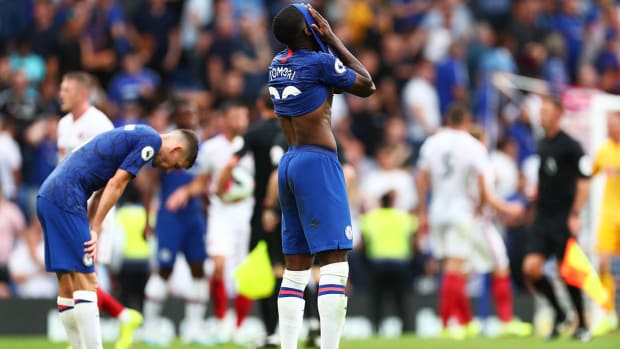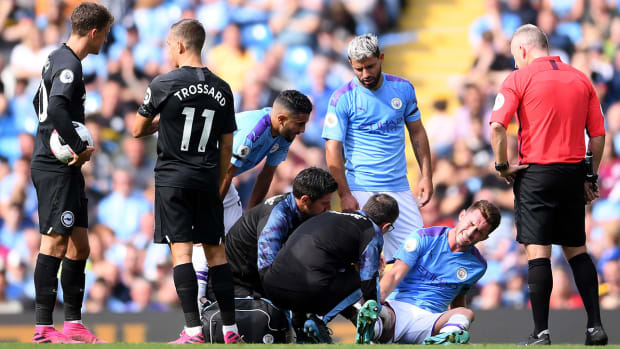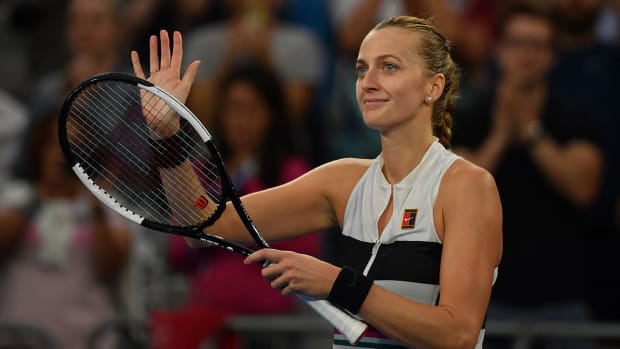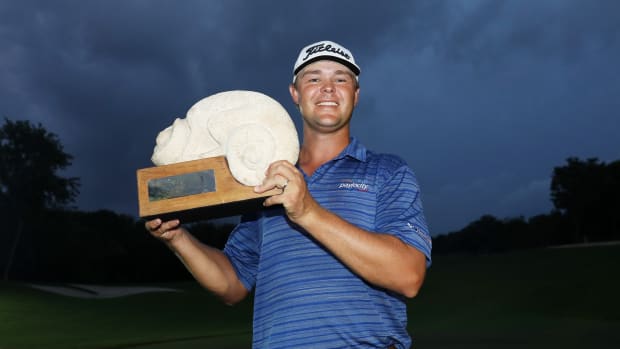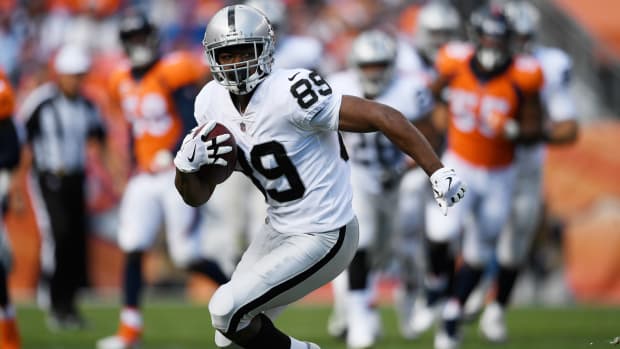Scimeca, Knierim win pairs short program at US Championships
GREENSBORO, N.C. (AP) Ashley Wagner knew she wouldn't lose any sleep this night.
A year after a miserable trip to the U.S. Championships, Wagner won the short program with 72.04 points Thursday. Her performance had her thinking beyond nationals and to contending for international medals.
Defending champ Gracie Gold was second, 5.02 back after doubling the toe loop in her triple-triple combination. In 2014, Wagner was the one with all the pressure after winning the previous two U.S. titles, and she cracked, finishing a distant fourth to spend a night fearing she'd missed out on an Olympic berth.
Wagner made the team because of her previous successes and finished seventh in Sochi with some redemptive performances. After winning bronze at the Grand Prix Final last month, she vowed that she needed more difficulty in her programs to make the podium at the world championships.
Wagner tried a triple lutz-triple toe loop combination in competition for the first time Thursday. She two-footed the second landing but was heartened by the jump.
''I think that it is one of the steppingstones along the way to becoming one of the top ladies internationally,'' she said.
The top of the U.S. standings looked familiar. Polina Edmunds, the third U.S. woman at the Sochi Games, was third, .98 points behind Gold. And in fourth, just .76 behind her, was Mirai Nagasu, the skater bumped from the Olympic team by Wagner.
Fewer than four points separated second from seventh place. But Wagner had a cushion at the top - though one that can be easily overcome during the free skate.
''I don't have to worry about fighting through this long program,'' Wagner said. ''I feel like I've put myself in a position where I can just relax and let things happen.''
A very different feeling from a year ago, when Wagner was fourth after the short program. She then fell twice in her free skate.
On Thursday, she could grin as she told reporters: ''It's really great to be standing in front of you guys and I don't have to explain myself.''
Gold was the one with some questions to answer after what she called ''just a minor slipup.'' She couldn't work on her jumps for most of December because of a stress fracture in her left foot. And even when she was cleared to practice, she had to limit how often she did the toe loop.
''It would be extremely easy to say the mistake on the toe loop was because of the recovery from the foot fracture,'' she said. ''However, it was not, because I'd been skating very well.''
But she had never before arrived at this event as the defending champion.
''The hum of the arena was different than any other nationals I'd been to,'' Gold said.
There were no skaters to defend their title in the pairs competition earlier Thursday.
Alexa Scimeca and Christopher Knierim won the short program with 74.01 points, a record for the event, to lead Haven Denney and Brandon Frazier by 5.63.
Scimeca and Knierim were the runner-ups at their first U.S. Championships together in 2013. They were fourth a year ago with an Olympic berth at stake. But the three teams that finished ahead of them aren't competing this time.
Two-time defending U.S. champions Marissa Castelli and Simon Shnapir split in the spring. Castelli was in third place Thursday with new partner Mervin Tran. Shnapir, who skated next with DeeDee Leng, was eighth.
Nathan Bartholomay, who earned the Americans' other Olympic spot with Felicia Zhang last year, was fifth with Gretchen Donlan after the short program.
Scimeca had fallen on the side-by-side triple salchow in four or five straight competitions - the streak was dragging on so long she couldn't remember exactly the last time she landed it cleanly. So she sent out a light-hearted tweet in November that she was saving the successful jump for U.S. Championships.
Sure enough, Scimeca was perfect on it Thursday.
''Chris and I skate best when we're joking around,'' Scimeca said of Knierim, who's her fiance. ''When it gets too serious, that's when skating gets harder.''
